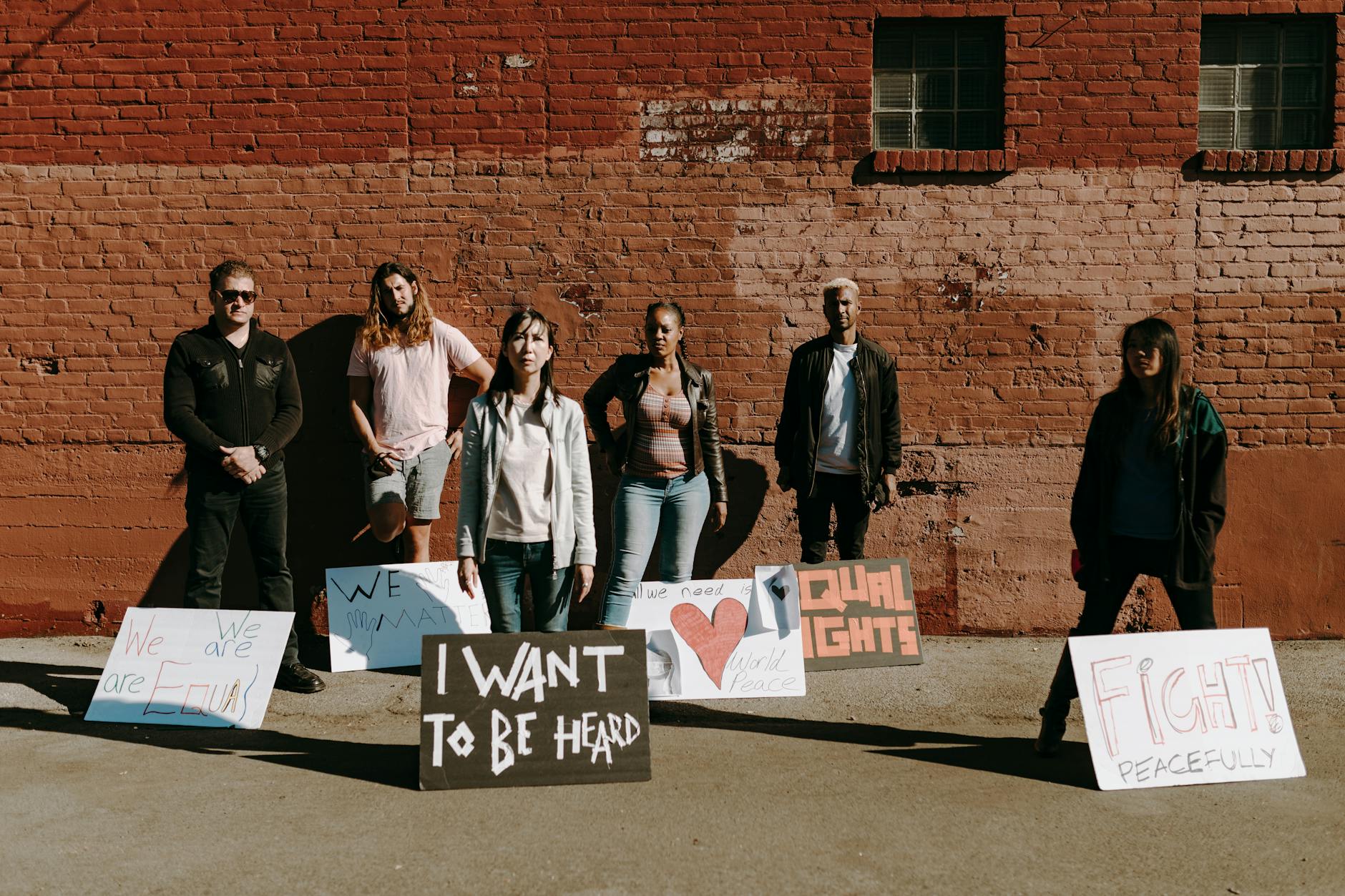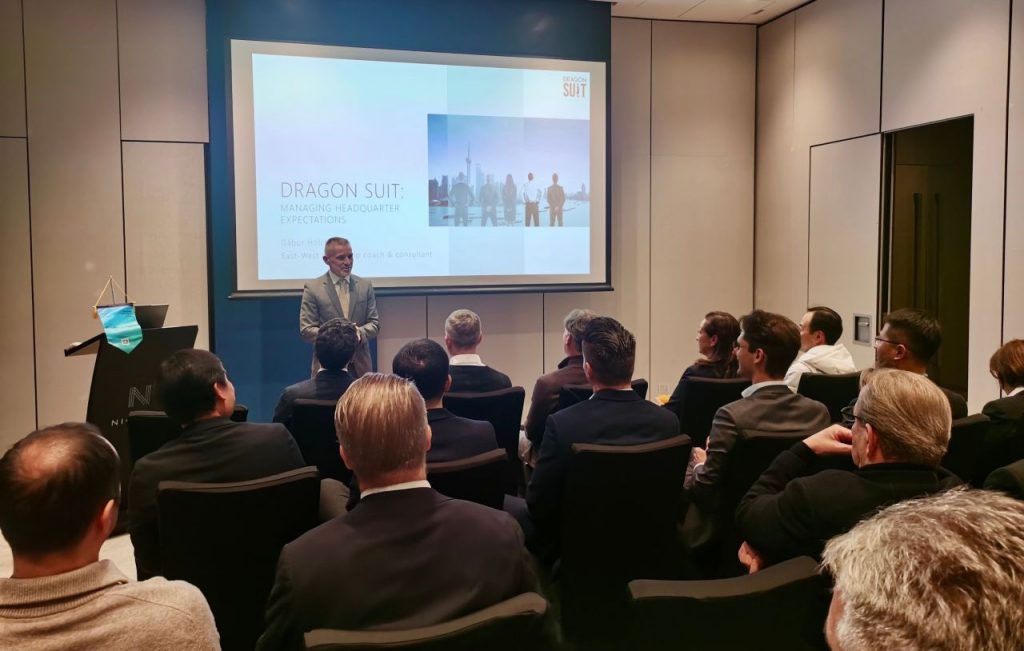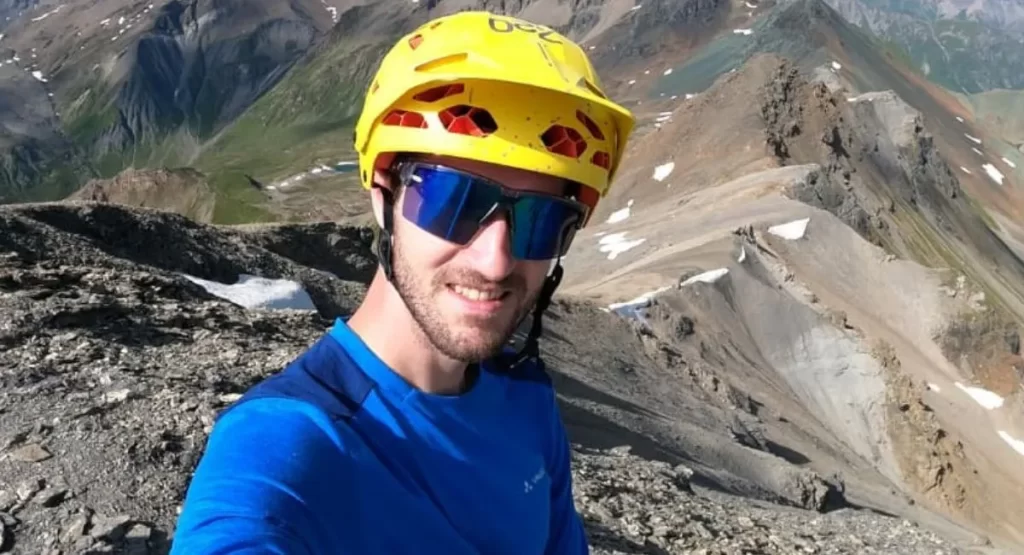No one who is informed in the education field can doubt about a moment the profound influence of John Dewey on both the theory and practice of American education.
— Williams Heard Kilpatrick (successor of John Dewey)

Master of comprehensive study of educational needs, problems and possibilities. John Dewey (20 Oct 1859–1 Jun 1952) was an American psychologist, philosopher and education reformer. He mined-down the American education issues and problems. And came out from the ocean of questions and their relative analytical answers. He brought Ancient Greece Principles (the most influential philosophy of the 6th century BC) to life.
The study of John influenced on every philosopher of the world. He considered one of the scholars of the 20th century. Babasaheb Ambedkar (a social reformer) was one of the fans of John.
He brought difference in areas of constitutions of India and in its educational fields.
Moreover, his kin study of traditional education and progressive education provides distinguish results to American. And the rest of the philosopher of the world. Dewey believed in the practical studies of matter of education in bodies of information and its skills. Those things that worked out in the past.
We only think when confronted with a problem.
― John Dewey
However, Dewey called the business of schools and colleges successful. It only when it transmitted them to the new generation.
“John’s main objective was to prepare the young for the future responsibilities and for success in life. By acquisition of organized bodies of information and prepared forms of skill which comprehend the material of instruction.”
As well as, the below statement of John says that education means the process of acquiring, learnings from our elders. The progressive education system of America incorporated already into books early 20th century. Dewey predominantly believed that “Taught is thought”.
Learning here means acquisition of what already is incorporated into books and in the heads of the elders. Moreover, that which is taught is thought of essential static. It is taught as a finish product with little regard. Either to the ways in which it was originally built up or to change that will surely occur in the future.
― John Dewey
Furthermore, the people are blind in terms of traditional education. They believed that education of traditional procedure ends only when old people can’t solve the problem. Thus, john says in his definition in a very precise manner that,
[…] The point I am making is that rejection of the philosophy, and practice of traditional education. It sets a new type of difficult educational problem. It is for those who believe in the new type of education. We shall operate blindly and confused until we recognize this fact; until we thoroughly appreciate that departure from the old solves no problems […]
― John Dewey
However, the Progressive education includes different types of activities. It triggers the new brain. It brainstorms the ideas and includes different types of games in schools and colleges. Educational institutions have been incorporating into the since late 19th century.
According to Dewey, his permanent frame of study and theory talks about the organic connection between education and personal experience. The new education commit empirical and experimental philosophy.
The more definitely and sincerely it is held that education is a development. Within, by, and or experience. The more important it is that there shall be clear conceptions of what experience is.
― John Dewey
Also, Read: John Mill, The Emphatic Philosopher Of Strange Confusion and The Canadian Philosopher, Marshall McLuhan one who predicted 30 years before World Wide Web (www) in his book “The Gutenberg Galaxy”


















